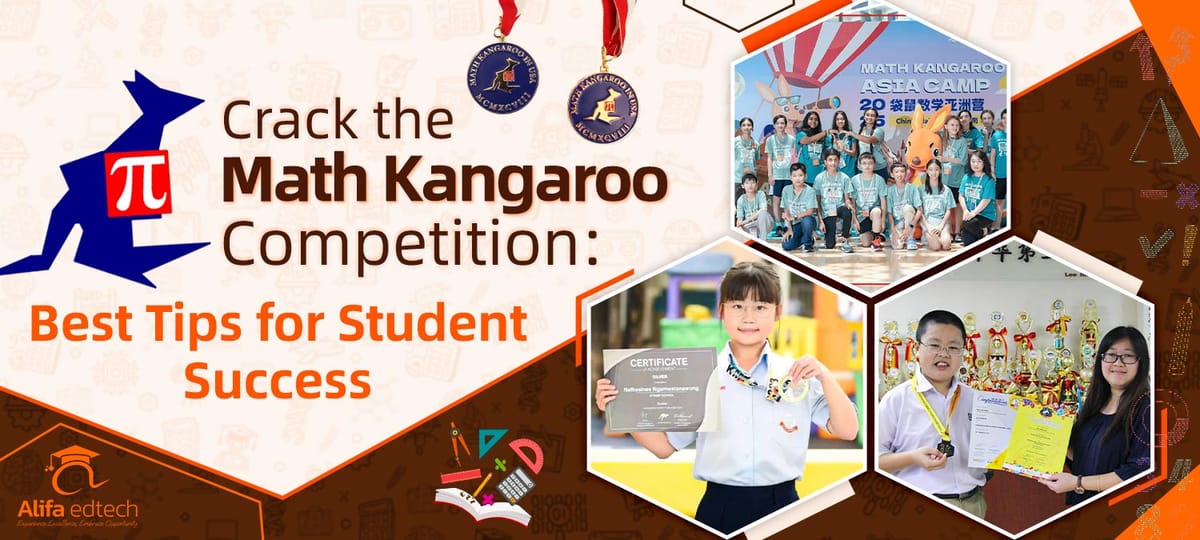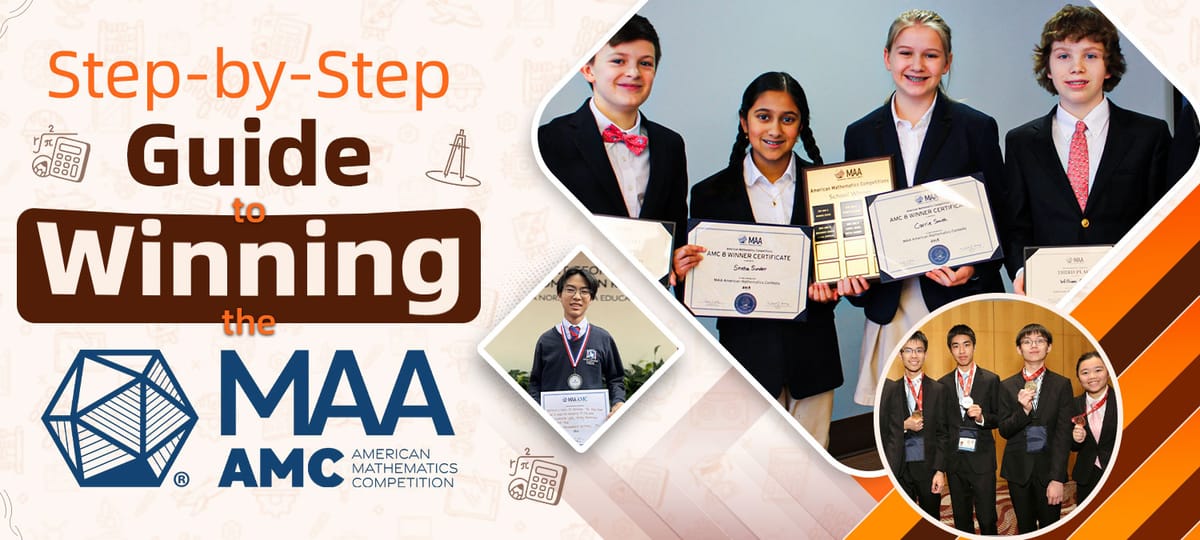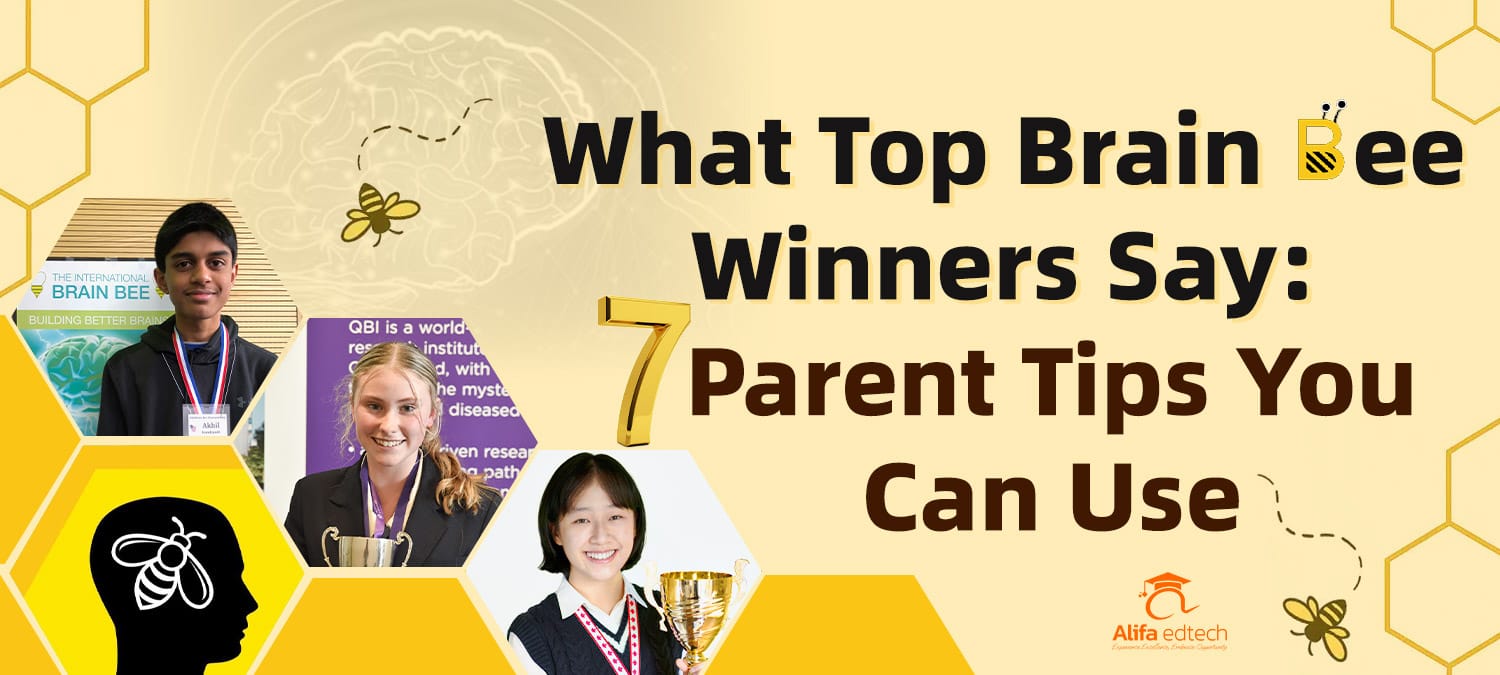Introduction
Have you ever wondered how high school students can win big in Brain Bee? Brain science is incredible. It reveals how brain structures manage our thoughts and memories. Every year, thousands of high school students step onto an international platform to show their smarts. The world championship happens in San Diego in November 2025, drawing top talent from everywhere. China has produced remarkable champions, including Yidou Wang who won in 2019. Chinese students often bring intense preparation methods that set high standards globally.
This event isn't just a contest. It's a chance for your teen to dive into brain science and develop future skills. Top winners share their success secrets. They cover topics like brain structures and how to stay motivated.
Norbert Myslinski founded this competition at the University of Maryland. His vision inspires students to pursue careers treating neurological disorders. The Society for Neuroscience provides resources to help students prepare. Many parents worry about guiding their kids through this. Let's explore what winners say works best.
Ready to give your child an edge at the Brain Bee? Join our parent prep network and access proven study plans and expert insights. Book a free consultation with Alifa Education Service today.
Why Brain Bee Preparation Matters for Parents
Getting your child ready for Brain Bee matters a lot. It builds key skills and opens doors. Winners share that success comes from smart preparation and steady practice. Let's explore what they recommend.
Building strong study habits early
Winners say starting early makes all the difference. Jerry, a past champion, created flashcards from the entire Brain Facts book and studied them daily. He watched YouTube videos on unfamiliar concepts. Sophia, another winner, made a huge Quizlet set to master the material. Both winners stress that daily practice beats last-minute cramming.
Your teen should break down the nervous system into small chunks. Focus on one topic each day. The Society for Neuroscience offers free study resources that winners use. Local Brain Bee chapters often run study sessions at places like the University of Central Florida. These sessions help students practice with peers.
Understanding the competition format
Harini Venkatesh, the 2024 USA Brain Bee champion, says knowing the format reduces stress. The competition includes several parts. There is a written test with multiple-choice questions. Students face an oral exam where they answer questions quickly. The patient diagnosis section tests their ability to identify neurological disorders from case studies.
To learn more about the services offered by Alifa Education, please visit our dedicated page. Whether you are a guardian, affiliated with an international or bilingual school in China, or a study abroad education agency, Alifa Edtech offers services tailored to your unique needs. Please visit our page to learn more about our offerings.
Winners recommend practicing each format separately. Take sample written tests under timed conditions. Practice oral rounds with a parent or friend asking questions. Study patient diagnosis cases from medical resources. The American Psychological Association provides materials on psychological disorders that appear in competitions.
Mastering Brain Structures and Functions
Winners emphasize deep understanding over memorization. Brain structures make more sense when you connect them to real functions. Think of the brain like a city. Different areas handle different jobs, just like neighborhoods in a town.
Study sessions should include hands-on activities. Look at brain models if your regional Brain Bee organizations have them. Draw diagrams from memory. Label parts without looking at notes. The International Brain Research Organisation shares resources on brain science that winners found helpful.
Preparing for Chapter Competitions
Chapter competitions serve as practice rounds before nationals. Orlando's chapter uses a 50-question multiple-choice exam in Phase 1. Students who excel move to oral rounds. Winners say these local events build confidence.
Want to put your brand in front of families, students, and education-focused readers? We're inviting select partners to advertise with us on our trusted blog.
Want to get featured? Click 'Learn more' and submit a story for us to include.
Attend every chapter competition you can find. Treat each one like the real thing. Learn from mistakes without feeling discouraged. Many winners placed third or fourth locally before winning nationally. The experience matters more than early results.
Managing Time and Stress
Harini discusses managing time effectively in her preparation story. She dealt with competition pressure by building a support network. Teachers, parents, and mentors kept her motivated. Winners stress that balance prevents burnout.
Set realistic study schedules. Include breaks and fun activities. Don't sacrifice sleep or social time completely. Your teen needs rest to retain information. Study resources work best when paired with healthy habits.
Using study resources wisely
Winners don't just read materials once. They engage with content actively. Create flashcards for quick review. Form study groups with other students. Quiz each other on brain structures and functions.
The Society for Neuroscience publishes Brain Facts, which forms the base for most questions. Winners recommend reading it cover to cover, then focusing on weak areas. Use online tools and apps for variety. Different formats help information stick better.
Practicing Patient Diagnosis Skills
The patient diagnosis section challenges many students. Winners learn to observe carefully and ask smart questions. You watch videos of patients showing symptoms. You get a brief written history. Then you diagnose their neurological disorder.
Practice with real case studies. Medical websites provide detailed descriptions of disorders. Learn to spot key symptoms quickly. Winners say this section improves with repetition. Start with obvious cases, then tackle harder ones.
Common challenges and how to overcome them

Parents, Brain Bee prep can be tough. Winners faced the same hurdles you'll encounter. They share honest advice about overcoming common obstacles.
Handling Information Overload
Do you feel buried under all the material? The nervous system fills many pages. Winners recommend breaking content into manageable pieces. One winner spent three weeks reading Brain Facts and taking notes. Then she converted her notes to flashcards for the remaining weeks.
Written tests cover the basics, so focus there first. Add advanced topics gradually. Mix in fun review methods and rest days. Your teen will handle the load better with steady pacing. Winners stress that cramming doesn't work for this competition.
Making Complex Concepts Clear
Neurological disorders seem tricky at first. Patient diagnosis involves understanding symptoms simply. Winners suggest using everyday examples. Compare brain parts to familiar things. The hippocampus stores memories like a library stores books.
High school students often explain concepts in their own words to test understanding. If you can teach it simply, you know it well. Use visuals, stories, and real-world connections. These strategies turn hard ideas into clear wins.
Staying motivated during long preparation
Motivation dips during months of study. Winners dealt with this too. They set small goals with rewards. Track progress on a chart. Celebrate when you master a difficult topic.
Oral exam practice keeps things exciting. Role-play with family members. Use playoff or elimination-style games at home. Make it fun rather than just work. Winners found that variety prevents burnout better than forcing through boredom.
Finding Quality Resources
Where do you start looking for materials? Winners point to official Brain Bee websites. The International Brain Research Organization lists approved study resources. The Society for Neuroscience provides free downloads.
Join online groups where students share tips. Local chapters often have libraries of practice materials. Don't waste time on random neuroscience books. Stick to recommended resources that match competition content.
Managing Competition Day Nerves
Competition day brings pressure. Playoff and elimination-style formats feel intense. Winners learned to breathe through anxiety. They practiced oral exams at home until speaking felt natural.
Focus on what you can control. Review patient diagnosis questions one more time. Do quick warm-up exercises before each round. Remember that everyone feels nervous. Winners channel that energy into focus rather than fear.
Balancing school and Brain Bee prep
High school students juggle regular schoolwork with competition prep. Winners scheduled specific study times for the Brain Bee. They didn't let it consume every hour. Smart time management made the difference.
Use commute time for flashcard review. Study during lunch breaks occasionally. But also protect time for homework, friends, and relaxation. Winners succeeded because they maintained balance, not because they studied 24/7.
Dealing with Setbacks
Not every practice session goes well. Winners faced disappointing mock test scores too. They learned to view mistakes as learning opportunities. Each wrong answer shows what needs more work.
After chapter competitions, review what went wrong. Ask judges for feedback when possible. Then adjust your study plan accordingly. Winners grew most from their failures, not their easy victories. Keep perspective and stay persistent.
Conclusion
Wrapping up our Brain Bee journey feels just right. You've learned key tips from top winners to guide your teen through challenges and prep. Is your child ready to tackle brain science with confidence? These strategies, from simplifying concepts to managing nerves, make a real difference.
Quick actions build strong habits, while fun practices turn study time into an adventure. Why wait when success is within reach? Every parent wants the best for their high schooler, and these steps pave the way. Remember, you're not alone in this exciting path. Let the ideas here spark lasting growth for your family.
Nervous system topics might seem big, but breaking them down helps a lot. Oral exams and written tests become less scary with practice. Patient diagnosis skills grow through play, and playoff styles teach resilience. Keep going, and watch your teen thrive.
Alifa Education Service gives your child an edge at the Brain Bee. Join our parent prep network and access proven study plans and expert insights. Book a free consultation today.
Related Articles















Member comments